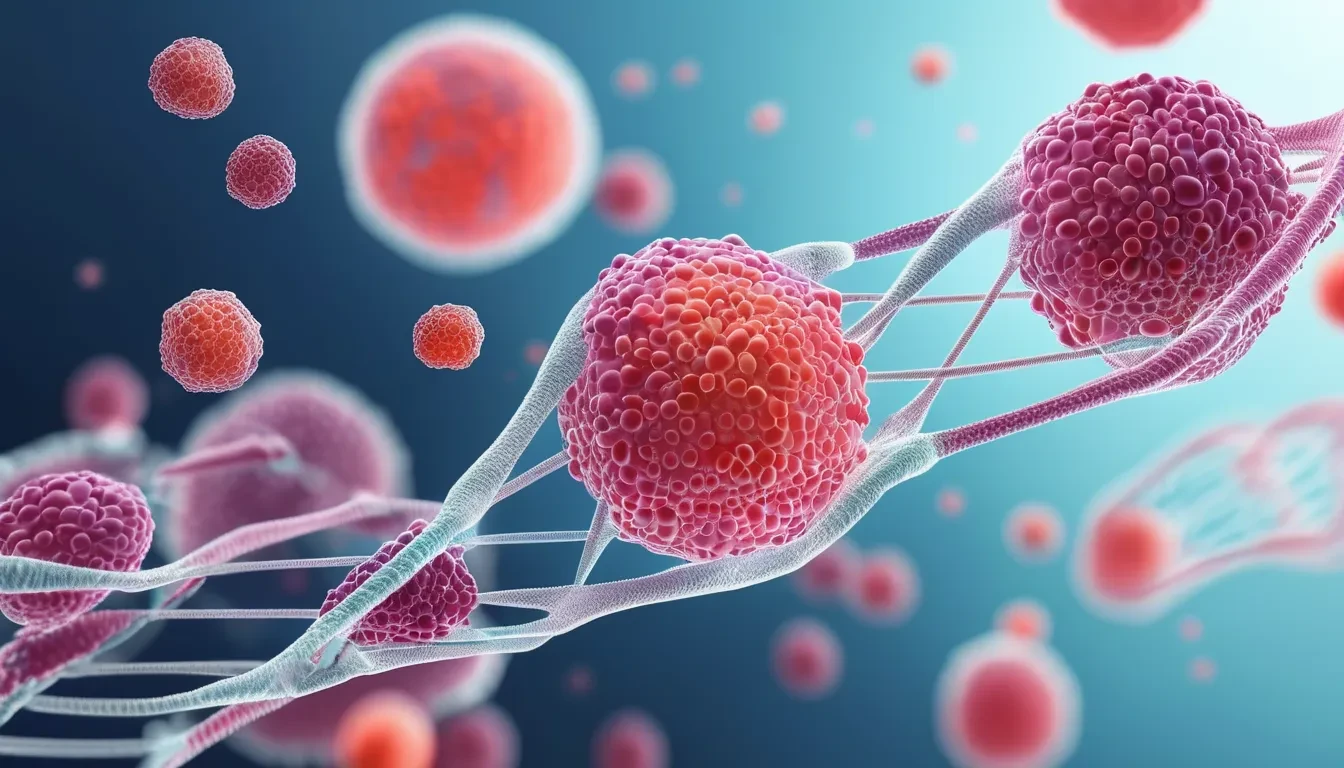Loading...
Gentaur
Scientific Publications

The CRISPR-Cas system has revolutionized gene editing, enabling precise modifications at the genomic level. However, the efficiency and safety of CRISPR-mediated gene editing are heavily dependent on the delivery method. Lipid nanoparticles (LNPs) have emerged as a promising vehicle for CRISPR delivery due to their biocompatibility, ability to encapsulate nucleic acids, and efficient cellular uptake. This article delves into the role of LNPs in CRISPR delivery, highlighting their advantages, mechanisms, and recent advances.
The successful application of CRISPR-Cas systems in therapeutic settings requires overcoming several hurdles:
Traditional delivery methods such as viral vectors (adenoviral and lentiviral) present immunogenic risks and insertional mutagenesis. Non-viral methods, including electroporation and polymeric nanoparticles, have limitations in in vivo applications. LNPs provide an optimal balance between efficiency, biocompatibility, and scalability.
LNPs are lipid-based nanocarriers that encapsulate CRISPR components, including Cas9 mRNA, single-guide RNA (sgRNA), and donor templates for homology-directed repair (HDR). The primary components of LNPs include:
Upon systemic administration, LNPs undergo receptor-mediated endocytosis. The ionizable lipids become protonated in the endosomal environment, disrupting the vesicle membrane and enabling CRISPR release into the cytoplasm. This process ensures efficient nuclear localization of Cas9 and the sgRNA complex, leading to precise genome modifications.
Recent studies have demonstrated the effectiveness of LNPs in preclinical models. Some notable developments include:
LNP-mediated CRISPR delivery is rapidly progressing toward clinical translation. The ongoing development of precision-engineered LNPs with enhanced specificity and reduced toxicity holds promise for treating genetic diseases, cancer, and infectious diseases. Key areas of focus include:
Lipid nanoparticles have emerged as a powerful non-viral approach for CRISPR delivery, addressing key challenges in gene editing. Their ability to encapsulate and efficiently transport CRISPR components positions them as a frontrunner for therapeutic genome editing. Continued advancements in LNP technology are expected to drive the next wave of CRISPR-based therapies, offering new hope for precision medicine applications.